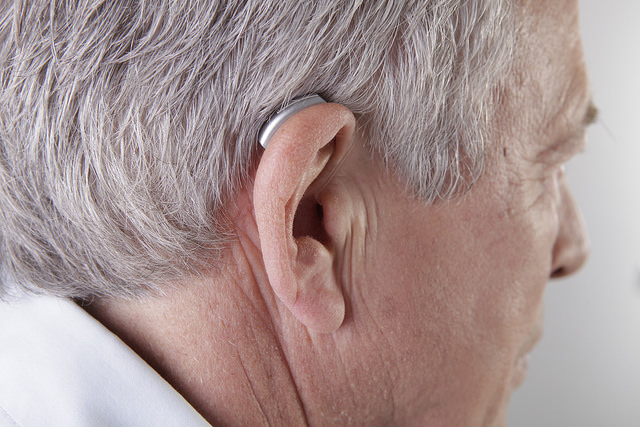There are millions of people around the world who are having trouble hearing sounds. Thanks to modern technology, a hearing aid can help those people greatly. With the help of a hearing aid, numerous people are able to carry on with their normal social and personal life. But, if you are a new user, or just diagnosed with hearing-impairment, it’s natural to have concerns. In this following article, we are going to address those concerns and will try to provide explanations and/or solutions.
Benefits of a Hearing Aid
Before dropping the limitation bombs, let’s discuss how a hearing aid can be beneficial. The primary purpose of a hearing aid is to help you hear sounds clearly. Thus you can effectively be a part of the conversation among your friends and family. It allows you to clearly hear the speeches coming through an electronic device, like telephones. Most people with hearing problems tend to avoid conversations. Eventually. it leads them to isolation and depression. With a hearing aid, you don’t need to isolate yourself any more. You can even continue communicating in noisy situations. Moreover, hearing aids can improve mental health, which is almost always associated with hearing loss. In a nutshell, we can say that a hearing aid can make the life of a person with hearing difficulties much easier.
Limitations of a Hearing Aid
Besides having a lot of upsides, a hearing aid does have its limitations. The most common drawbacks are highlighted below.
- Hearing aids can’t restore the normal range of hearing. They may work pretty well, but cannot be effective as the normal ability of hearing. Some can compare it to glasses for eyes. But glasses can often achieve to give you the perfect vision. And hearing aid really struggles in this manner.
- It can amplify unwanted background noises. Our ear is naturally programmed to avoid those background noises, but a machine cannot be this much fine-tuned. Moreover, for the first few days, the brain struggles to process these noises. It may cause mild to severe headaches.
- Unlike glasses for eyes, a hearing aid may take up to three months to get used to. And one may need to take the aid of a licensed audiologist to grab the optimum benefit from a hearing aid. The audiologist will fine-tune the device according to your advantages & disadvantages. It may take several appointments. After all, the ear is a complicated organ to work with.
- Everything may seem significantly loud when you use a hearing aid. And that includes your own voice. It can startle you easily. Often you may find it annoying and it can build up rage inside you.
- Hearing aids are evolving with the latest technology. So you may need to have a good understanding of the technology to adjust your device accordingly.
- For having the best experience with your hearing aid, you may consider buying a branded device. But they can be pretty expensive and burn a hole in your pocket.
Safety Issues
There are several FDA regulations that hearing aid companies need to follow. The hearing aid manufacturers need FDA approval before they can sell the devices. Companies that produce pediatric hearing aids go through much more thorough screening. They have to ensure that there’s no material in the device that may harm the younger users and that can promote an allergy.
There are certain devices that require medical evaluation before selling to a patient under the age of 18. Although, the FDA allows people aged from 18 to higher to buy a hearing aid; we recommend checking in with a doctor if you have any of the following conditions:
- Noticeable imperfection in the ear since birth or due to an accident
- Fluid or blood coming out of ear for several weeks
- Sudden, quickly worsening hearing loss
- A large difference in hearing between the ears
- Building up of earwax, or feeling something stuck in the ear
- Pain or discomfort in the ears
- Ringing in one or both ears
Your doctor or audiologist will then be able to suggest the type of hearing aid you need. They can adjust it to your needs. You may need to see them frequently to get used to the device.
Conclusion
Every technology has its own limitations. But when you consider the pros and cons of a hearing aid, the pros always beat the cons. It may possess a challenge, but you can overcome the cons with time and patience. And the evidence around the world shows that a hearing aid is worth the trouble. It makes you more comfortable around people and helps you regain your confidence. And you can feel like “Six Million Dollar Man” when you are using a hearing aid. Jokes apart, the ability to hear is precious, and you should consider getting one for your wellbeing.
